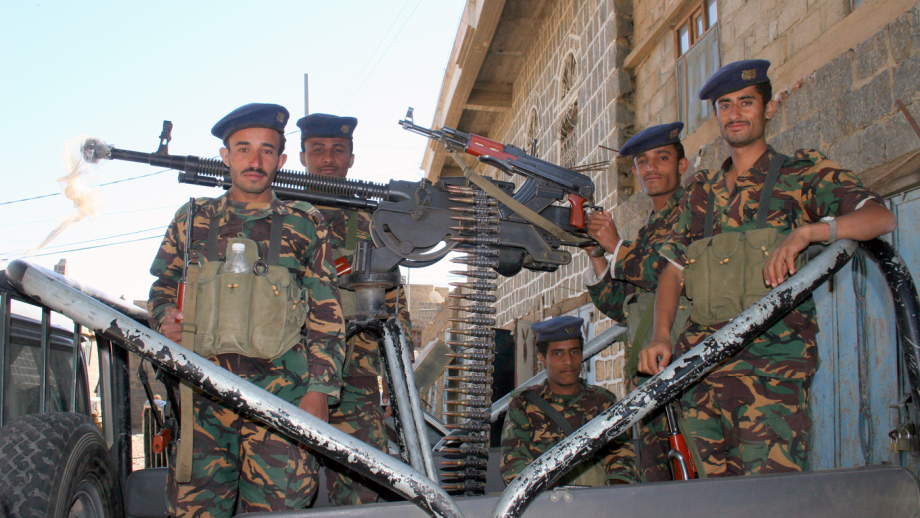I am struck by the brokenness of this nation.
Yesterday morning, our driver picked me up and we began the trek to the village where I teach classes on maternal health. The road that leads out of the city is lined with poverty.
I looked into the eyes of the young boy selling bread on the side of the road, and wondered about his story. He should be in school. Instead, he finds himself selling bread from a cart in hopes that he will make enough to eat with his family in the evening.
I watched the women walking along the side of the road in their burkas, and I wondered what abuse they face in their homes.
I started counting how many guns I saw on our journey. Several were stationed at the checkpoint on the edge of the city. We followed a police vehicle for several kilometers, staring into the barrels of several large guns pointed in our direction. These are stark reminders of the war zone I live in.
The brokenness is real and tangible—it has a physical, emotional, and spiritual weight.
And yet, amidst the weight of stress and sorrow, there is still laughter. Death and disease and war still have not wiped out this peoples’ sense of humor.
Last week, I was in a village teaching a group of twenty-some women about blood loss during pregnancy. As with all the lessons, we did some role-playing. We even had some red fabric to use as a prop.
About thirty minutes into the lesson, an old man suddenly popped up from under a pile of blankets in the corner. The room fell dead quiet as the women stared at him, their faces turning white with shock. Finally, the hostess found her voice.
“This is a lesson for women!” she scolded him. “Get out!”
The old man was half-deaf and half-asleep and in such a state of shock that it took him a few minutes to realize he most certainly did not belong there. Finally, he shuffled out of the room as the ladies howled in laughter.
Apart from fellowship and comic relief, these women have gained much during their bi-weekly lessons. Over the course of nine weeks, they have learned about birth, nutrition, caring for the health of mothers and babies, and so much more.
This week we completed our final lessons and began assessing what the women have learned. I sat in on a 16-year-old girl’s assessment. I listened as she recalled nine weeks worth of lessons, expertly listing each of the main points that I had taught.
This young girl, who will soon be married and start raising her own children, went from knowing nothing about risks in pregnancy, to being an expert. She has been given tools that could be the difference between life and death for mothers and babies; these tools could be the gift of life during her own pregnancies. This is what I have dreamed of being a part of!
Before I climbed into the car to return back to the city, the hostess—a talkative and friendly matron—invited me to come live with her family. “Your language would be so good,” she advised me. “I could teach you things like cooking in the tandoor oven outside.”
How I wish I could. I love the little bits of village life I get to experience in my day visits. They fill me with joy and hope. But given the security situation, living in the village is not really an option.
Besides, she already has a male relative lined up for me to marry—on the condition that I switch religions and commit to living there forever—so it is probably for the best.
I love what I do—training women with basic skills that could save their lives and the lives of their children. It is a privilege to see tangible fruit from my efforts, like when young women know what to do when their child gets sick.
Thank you, God, that you have called me here, to be His vessel, and to share my joy and my hope for this broken nation.
**This account comes from a long-term worker. Names and places have been changed for security.**
Original article: FrontiersUSA.org/blog/article/the-changing-perspective-of-field-life

